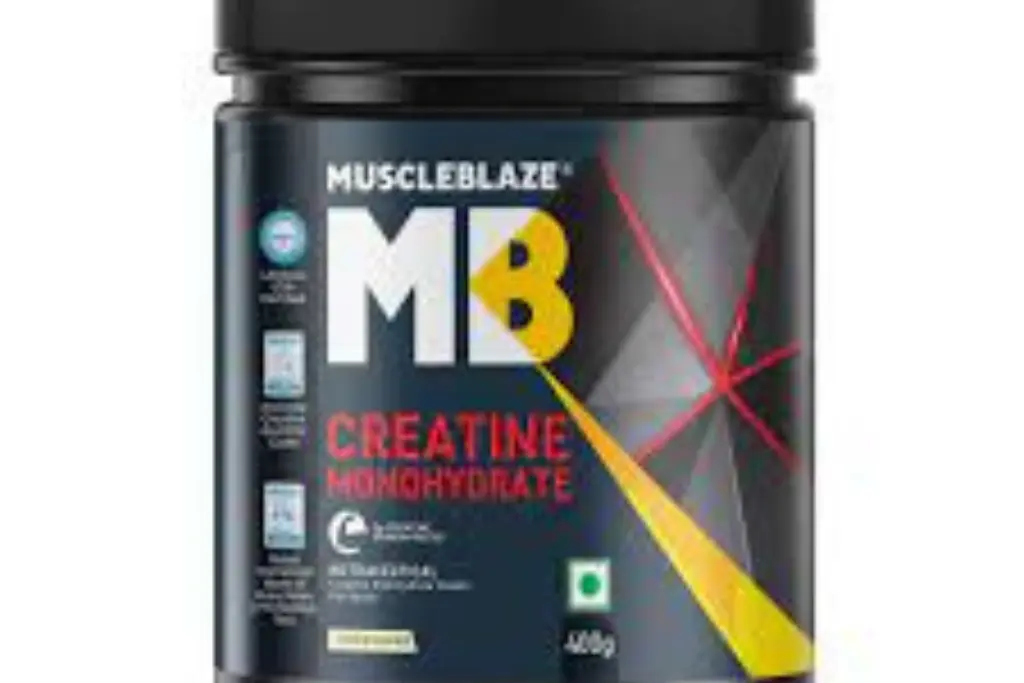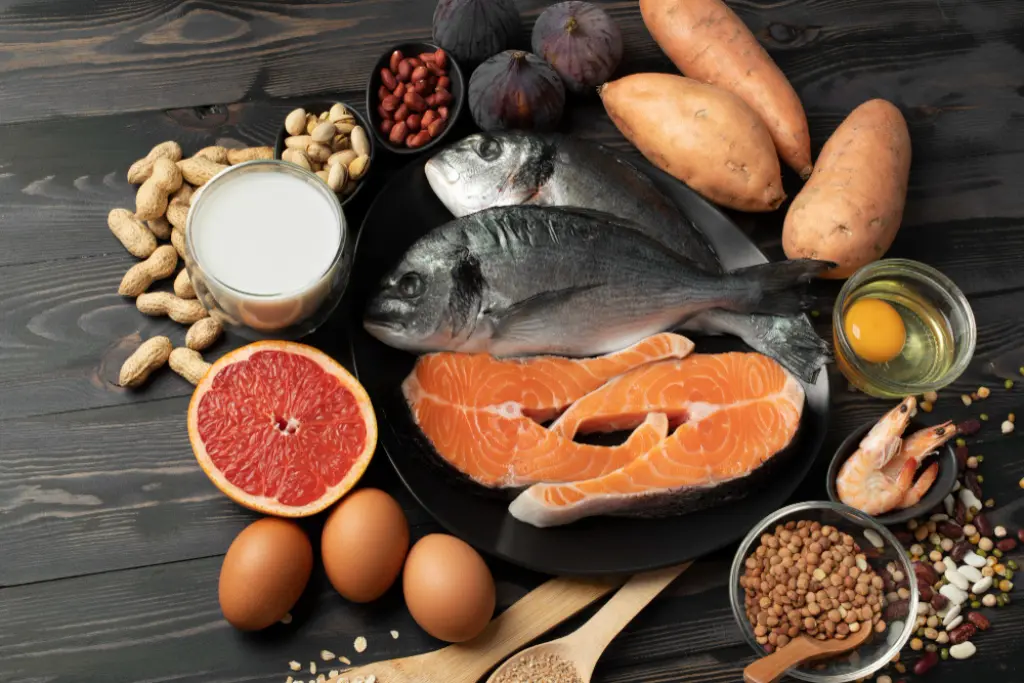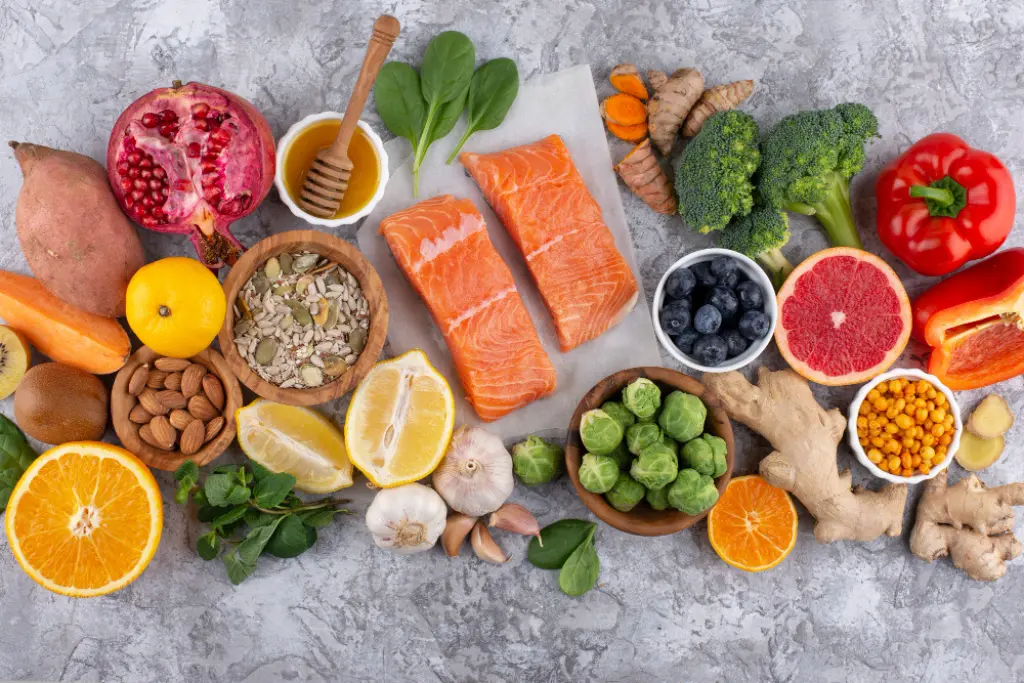Sports nutrition is essential in optimizing athletes’ performance and well-being. By providing the body with the necessary nutrients, athletic performance can be improved, recovery can be expedited, and the likelihood of injury can be minimized.
Given the rigorous demands of training and competition, athletes require specialized nutritional support to meet their unique needs.
The recommended daily intake of fats for athletes varies depending on factors such as body weight, activity level, and training goals. However, a general guideline is to consume 20-35% of your total daily calories from fat.
Key Components of an Athlete Meal Plan
Meal planning is essential for athletes to ensure they are fueling their bodies properly and meeting their nutritional needs. It involves balancing macronutrients (carbohydrates, protein, and fats) and micronutrients (vitamins and minerals) to optimize performance and recovery. Athletes should also incorporate hydration into their meal planning to maintain fluid balance.
Balancing macronutrients is crucial for athletes as each macronutrient plays a specific role in athletic performance. Carbohydrates provide energy for exercise, protein aids in muscle repair and growth, and fats are important for hormone production and energy storage. Athletes should consume a balanced ratio of these macronutrients to meet their energy needs and support their training.
Incorporating hydration into meal planning is essential, as even mild dehydration can impair athletic performance. Athletes should aim to drink enough fluids throughout the day to maintain proper hydration levels. Water is the best choice for hydration, but sports drinks can be beneficial during intense exercise to replenish electrolytes lost through sweat.
The Role of Macronutrients in Athletic Performance
Macronutrients are the nutrients that provide energy in the form of calories. They include carbohydrates, protein, and fats. Each macronutrient plays a specific role in athletic performance.
Carbohydrates are the body’s primary source of energy during exercise. They are stored in the muscles and liver as glycogen and are broken down into glucose to fuel physical activity. Athletes should consume adequate carbohydrates to maintain glycogen stores and provide energy for their workouts. The recommended carbohydrate intake for athletes is around 6-10 grams per kilogram of body weight per day.
Protein is essential for muscle repair and growth. Muscle fibres are damaged during exercise, and protein is needed to repair and rebuild these fibres. Athletes should consume adequate protein to support muscle recovery and growth. The recommended protein intake for athletes is around 1.2-2 grams per kilogram of body weight per day.
Fats are an important source of energy, especially during long-duration exercise. They also play a role in hormone production and help absorb fat-soluble vitamins. Athletes should consume a moderate amount of healthy fats, such as those found in nuts, seeds, avocados, and fatty fish, to support their energy needs and overall health.
Understanding Micronutrients and Their Importance for Athletes
Micronutrients are the vitamins and minerals required in smaller amounts but essential for various bodily functions. They play a crucial role in athletic performance and overall health.
Vitamins are organic compounds necessary for normal cell function, growth, and development. They act as coenzymes, which means they help enzymes carry out their functions. Different vitamins have different roles in the body, such as vitamin C’s role in collagen synthesis and vitamin D’s role in bone health. Athletes should consume various fruits, vegetables, whole grains, and lean proteins to ensure they have an adequate vitamin intake.
Minerals are inorganic compounds necessary for various bodily functions, such as nerve function, muscle contraction, and fluid balance. They are divided into two categories: macrominerals and trace minerals. Macrominerals, such as calcium, magnesium, and potassium, are required in larger amounts, while trace minerals, such as iron and zinc, are required in smaller amounts. Athletes should consume a balanced diet that includes a variety of foods to ensure they are getting an adequate intake of minerals.
The Importance of Hydration for Athletes
Proper hydration is crucial for athletes, as even mild dehydration can impair performance and increase the risk of heat-related illnesses. During exercise, the body loses water through sweat; replacing these fluids is important to maintain proper hydration levels.
Dehydration can lead to decreased endurance, reduced strength and power, impaired cognitive function, and increased fatigue. Athletes should aim to drink enough fluids throughout the day to maintain proper hydration levels. The recommended fluid intake for athletes is around 8-12 cups (64-96 ounces) per day, depending on factors such as body weight, activity level, and environmental conditions.
In addition to water, athletes may need to replenish electrolytes lost through sweat during intense exercise. Electrolytes are minerals that help maintain fluid balance and are essential for proper muscle function. Sports drinks can be beneficial during prolonged or intense exercise to provide fluids and electrolytes.
Pre-Workout Nutrition: What to Eat Before a Game or Competition
Pre-workout nutrition is important for athletes as it provides the energy to fuel their workouts and optimize performance. The timing and composition of pre-workout meals can significantly impact an athlete’s performance.
It is recommended to consume a pre-workout meal or snack 1-3 hours before exercise to allow for proper digestion and absorption of nutrients. The meal should be balanced and include carbohydrates for energy, protein for muscle repair and growth, and a small amount of healthy fats for sustained energy.
Examples of pre-workout meals and snacks include a turkey and avocado sandwich on whole grain bread, Greek yoghurt with berries and granola, or a banana with almond butter. It is important to experiment with different foods and timing to find what works best for each athlete.
Post-Workout Nutrition: How to Refuel and Recover After Exercise
Post-workout nutrition is crucial for athletes as it helps replenish glycogen stores, repair muscle damage, and promote recovery. Consuming the right nutrients after exercise can enhance muscle protein synthesis, reduce muscle soreness, and improve overall recovery.
Consuming a post-workout meal or snack within 30-60 minutes after exercise is recommended to optimize recovery. The meal should include carbohydrates to replenish glycogen stores, protein to aid muscle repair and growth, and a small amount of healthy fats to sustain energy.
Examples of post-workout meals and snacks include a grilled chicken breast with sweet potatoes and steamed vegetables, a protein shake with fruit and almond milk, or a bowl of oatmeal with Greek yogurt and nuts. Consuming a combination of carbohydrates and protein in the post-workout meal is important to maximize recovery.
The Benefits of Protein for Athletes
Protein is essential for athletes as it is crucial in muscle repair and growth. Muscle fibres are damaged during exercise, and protein is needed to repair and rebuild these fibres. Consuming adequate protein can help athletes recover faster, reduce muscle soreness, and improve overall performance.
The recommended protein intake for athletes is around 1.2-2 grams per kilogram of body weight per day. It is important to spread protein intake throughout the day to optimize muscle protein synthesis. Athletes should aim to consume high-quality protein sources, such as lean meats, poultry, fish, eggs, dairy products, and plant-based sources like legumes, tofu, and tempeh.
Carbohydrates and Athletic Performance: What You Need to Know
Carbohydrates are the body’s primary source of energy during exercise. They are stored in the muscles and liver as glycogen and are broken down into glucose to fuel physical activity. Consuming adequate carbohydrates is crucial for athletes to maintain glycogen stores and provide energy for their workouts.
The recommended carbohydrate intake for athletes is around 6-10 grams per kilogram of body weight per day. Consuming a variety of carbohydrates, including whole grains, fruits, vegetables, and legumes, is important to ensure a sufficient intake of fiber, vitamins, and minerals.
The Role of Fats in Sports Nutrition
Fats are an important source of energy, especially during long-duration exercise. They also play a role in hormone production and help absorb fat-soluble vitamins. Consuming a moderate amount of healthy fats is important for athletes to support their energy needs and overall health.
The recommended fat intake for athletes is around 20-35% of total daily calories. It is important to focus on consuming healthy fats, such as those found in nuts, seeds, avocados, and fatty fish, while limiting saturated and Tran’s fats.
Supplements for Athletes: What Works and What Doesn't
Supplements are often marketed to athletes to enhance performance, but it is important to approach them with caution. While some supplements may have evidence-based benefits for athletic performance, many are not supported by scientific research and may even pose health risks.
Common supplements for athletes include protein powders, creatine, caffeine, beta-alanine, and branched-chain amino acids (BCAAs). Protein powders can be a convenient way to increase protein intake, especially for athletes who struggle to meet their needs through whole foods. Creatine has been shown to improve strength and power in high-intensity, short-duration activities. Caffeine can enhance endurance performance and reduce perceived exertion. Beta-alanine may improve high-intensity exercise performance. BCAAs may reduce muscle damage and promote recovery.
It is important to note that supplements should not replace a balanced diet and should be used under a healthcare professional’s or registered dietitian’s guidance. Athletes should also be aware of supplements’ potential risks and side effects and choose reputable brands that undergo third-party testing for quality and purity.
Supplements for Athletes: What You Need to Know
Supplements can be useful to an athlete’s nutrition plan, but it is important to understand their role and use them appropriately. Supplements should not replace a well-balanced diet but rather complement it. Here are some common supplements for athletes and their benefits:
1. Protein Powder

Protein powder is a convenient way to increase protein intake, especially for athletes who struggle to meet their protein needs through food alone. It can be added to smoothies, oatmeal, or baked goods.
2. Creatine

Creatine is a naturally occurring compound that helps regenerate ATP, the body’s primary energy source during high-intensity exercise. It can improve strength, power, and muscle mass.
3. Branched-chain amino acids
BCAAs are a group of essential amino acids that play a role in muscle protein synthesis. They can help reduce muscle soreness and aid in recovery.
4. Omega-3 fatty acids

Omega-3 fatty acids have anti-inflammatory properties and can help reduce exercise-induced inflammation. They are found in fatty fish, flaxseeds, chia seeds, and walnuts.
5. Vitamin D

Vitamin D plays a role in bone health and immune function. Athletes who train indoors or live in areas with limited sunlight may be at risk of deficiency and benefit from supplementation.
Nutrition for Endurance Athletes: Fueling for Long-Distance Events
Proper nutrition is crucial for endurance athletes as they need increased energy and specific nutrients to support their training and performance. Endurance events, such as marathons, triathlons, and cycling races, place high demands on the body and require a strategic approach to nutrition.
Endurance athletes should focus on a balanced diet that includes an adequate intake of carbohydrates, protein, and fat intake. Carbohydrates are especially important for endurance athletes as they provide the energy to sustain prolonged exercise. The recommended carbohydrate intake for endurance athletes is around 8-12 grams per kilogram of body weight per day.
Examples of meal plans for endurance athletes include oatmeal with berries and nuts for breakfast, a turkey and avocado wrap with a side of fruit for lunch, grilled salmon with quinoa and roasted vegetables for dinner, and Greek yoghurt with granola and honey for a snack.
Nutrition for Strength Athletes: Building Muscle and Maximizing Performance
Proper nutrition is essential for strength athletes as it supports muscle growth, recovery, and overall performance. Strength training places high demands on the body and requires specific nutrients to optimize results.
Strength athletes should focus on a balanced diet that includes an adequate intake of protein, carbohydrates, and fats. Protein is especially important for strength athletes as it aids in muscle repair and growth. The recommended protein intake for strength athletes is around 1.6-2.2 grams per kilogram of body weight per day.
Examples of meal plans for strength athletes include scrambled eggs with whole grain toast and avocado for breakfast, a chicken and quinoa salad with mixed greens for lunch, grilled steak with sweet potatoes and steamed broccoli for dinner, and a protein shake with fruit and almond milk for a post-workout snack.
